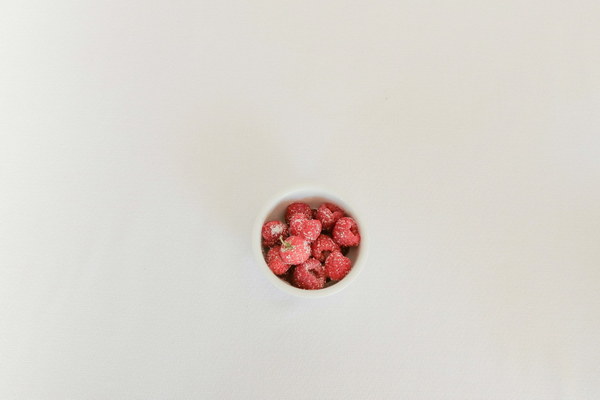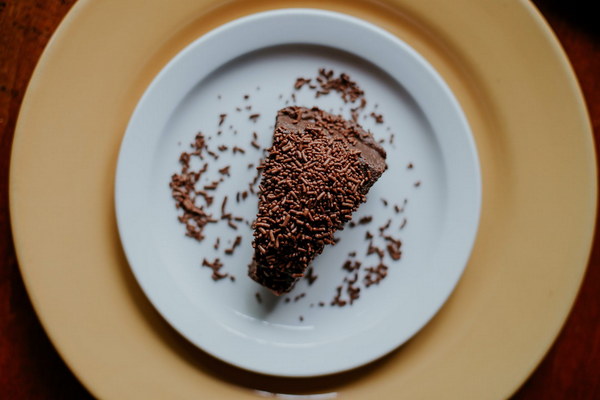Balancing Yin and Dampness A Comprehensive Guide to Tuning Up Your Body's Constitution
Introduction:
Yin and dampness are two important concepts in traditional Chinese medicine that describe specific imbalances within the body. People with a constitution prone to yin and dampness often experience symptoms such as fatigue, weight gain, bloating, and digestive issues. This article aims to provide a comprehensive guide on how to tune up your body's constitution to alleviate these symptoms and achieve a balanced, healthy lifestyle.
Understanding Yin and Dampness:
Yin and dampness refer to the body's internal environment and the balance of its vital substances. In TCM, yin is the cooler, more passive aspect, while dampness is a substance that can accumulate and lead to stagnation within the body. When the body is out of balance, yin and dampness can accumulate, causing a range of symptoms.
Common Symptoms of Yin and Dampness:
- Fatigue, lack of energy
- Weight gain, particularly around the abdomen
- Bloating, water retention
- Digestive issues, such as bloating, constipation, or diarrhea
- Headaches, dizziness
- Joint pain, stiffness
- Cold hands and feet
- Low libido
- PMS symptoms, such as bloating, breast tenderness, or mood swings
Tips for Balancing Yin and Dampness:

1. Diet:
- Avoid cold, raw, and damp foods, such as ice cream, salads, and raw vegetables.
- Include warm, cooked, and drying foods, such as soups, stews, and roasted vegetables.
- Consume more warming spices, such as ginger, cinnamon, and turmeric.
- Avoid excessive intake of sweet, heavy, and greasy foods, as they can exacerbate dampness.
- Stay hydrated with warm or room-temperature water.
2. Exercise:
- Regular physical activity helps improve circulation and eliminate dampness from the body.
- Engage in activities such as walking, yoga, tai chi, or swimming, which promote relaxation and balance the body's energy.
- Avoid over-exertion, as excessive sweating can deplete yin.
3. Lifestyle:
- Get adequate sleep, as it helps the body repair and regenerate itself.
- Manage stress through relaxation techniques, such as meditation, deep breathing exercises, or spending time in nature.
- Practice good hygiene, as dampness can accumulate in the body due to poor circulation and moisture.
- Keep your living environment warm and dry, as dampness thrives in cool, moist conditions.
4. Acupuncture and Herbs:
- Acupuncture can help balance the body's energy and eliminate dampness.
- Chinese herbs, such as Astragalus, Poria, and Atractylodes, can be used to strengthen the spleen and kidney, which play a crucial role in regulating dampness.
5. Supplements:
- Consider supplements that support the body's elimination of dampness, such as Turmeric, Milk Thistle, or Dandelion Root.
- Consult with a healthcare professional before starting any new supplement, as they can interact with other medications or health conditions.
Conclusion:
Balancing yin and dampness in the body is essential for maintaining good health. By following these tips, you can improve your constitution and alleviate common symptoms associated with yin and dampness. Remember, it is important to consult with a healthcare professional for personalized advice and treatment. With dedication and patience, you can achieve a balanced, healthy lifestyle and enjoy the benefits of a harmonious body and mind.









